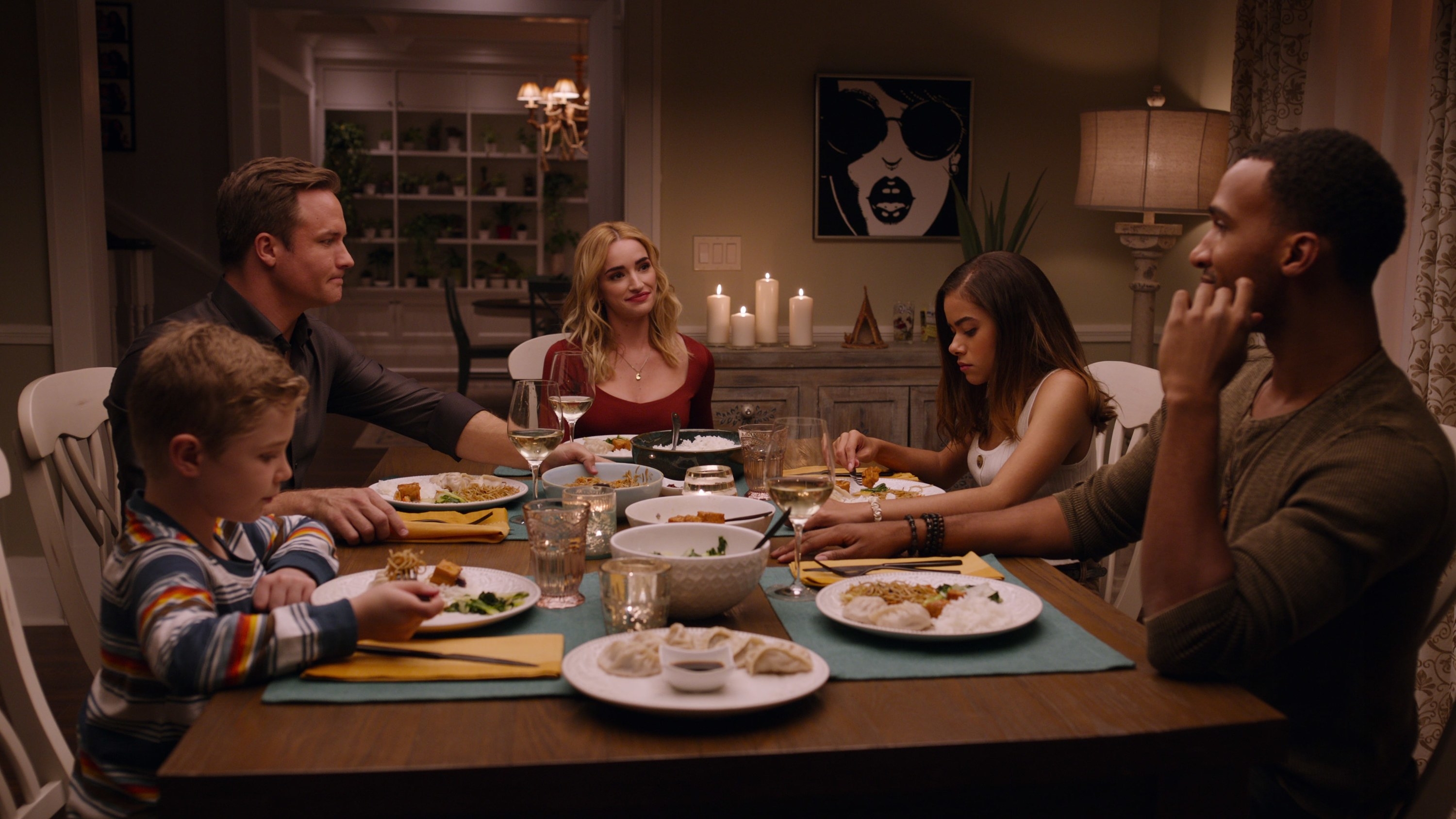If you’re like a lot of Netflix users, you’ve probably been binging Ginny & Georgia the past week. Or, if you’re like me, you’ve already finished it. Look, the show isn’t perfect, but it definitely has its moments of greatness.
So no, the show definitely hasn’t nailed down its tone, but it did get one thing right: its depiction of Black-white biracial adolescence.
Unlike other shows (I’m looking at you, Euphoria), Ginny & Georgia acknowledges the unique struggles Ginny faces by being half-Black and half-white in a predominantly white community.
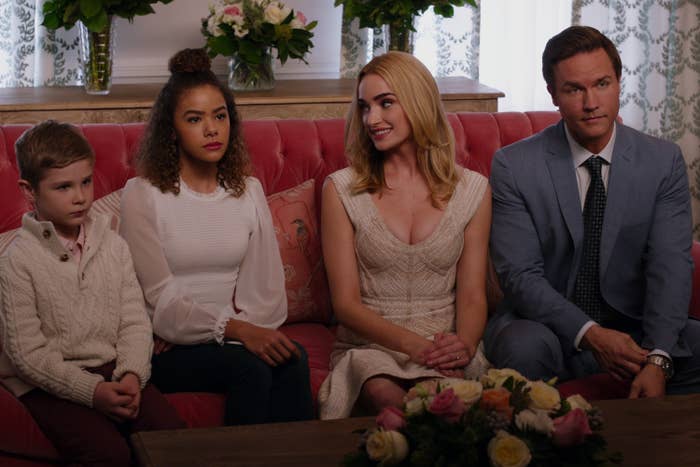
However, the show doesn’t focus the entire story on Ginny’s racial identity (i.e., Mixed-ish). The show acknowledges Ginny’s identity without centering the entire plot on it.
Here are 12 things that Ginny & Georgia gets right about adolescence as a Black-white biracial kid.
Ignorant teachers will make assumptions about your education and your intelligence.
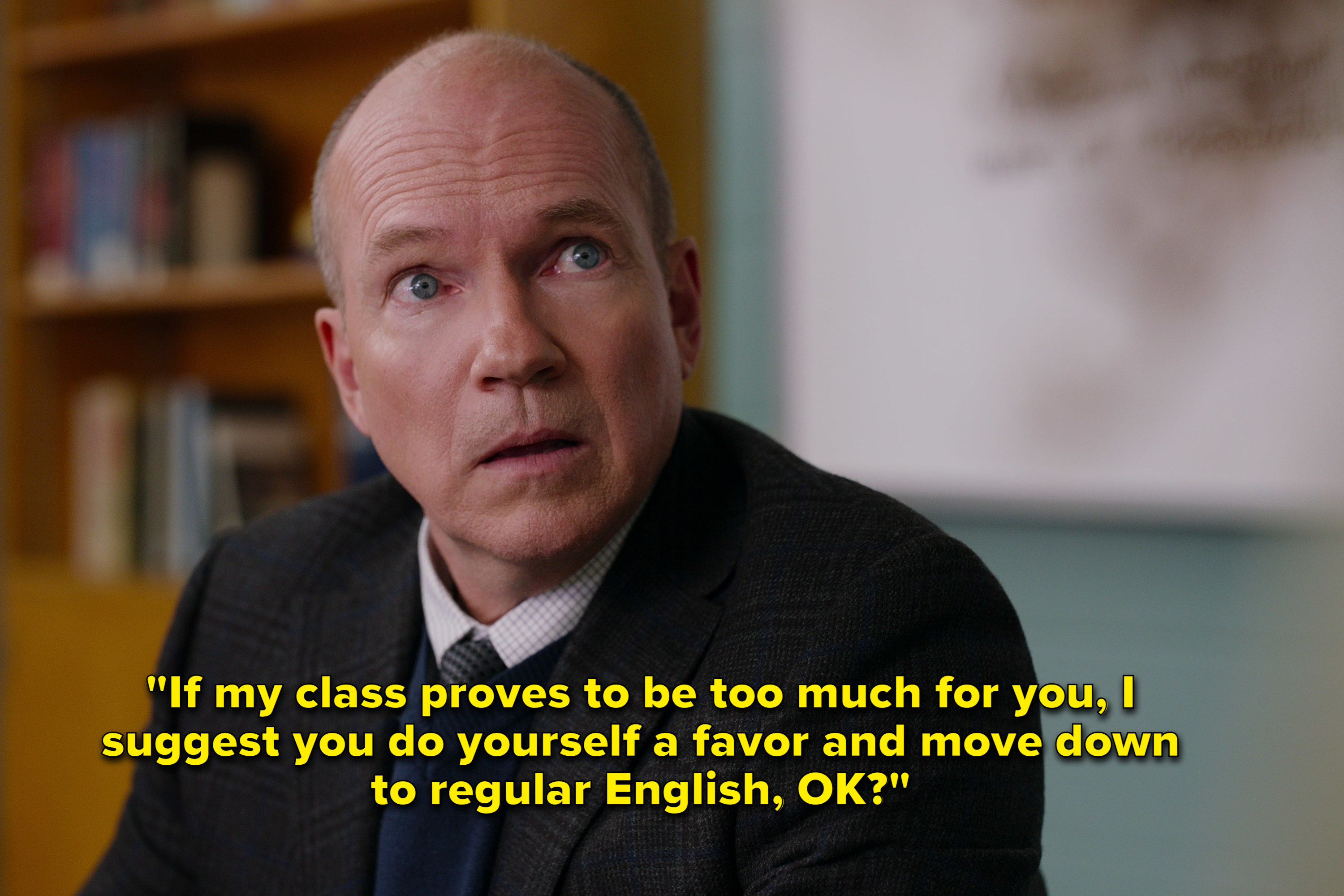
Your non-Black friends might gaslight when you say you've experienced racism.
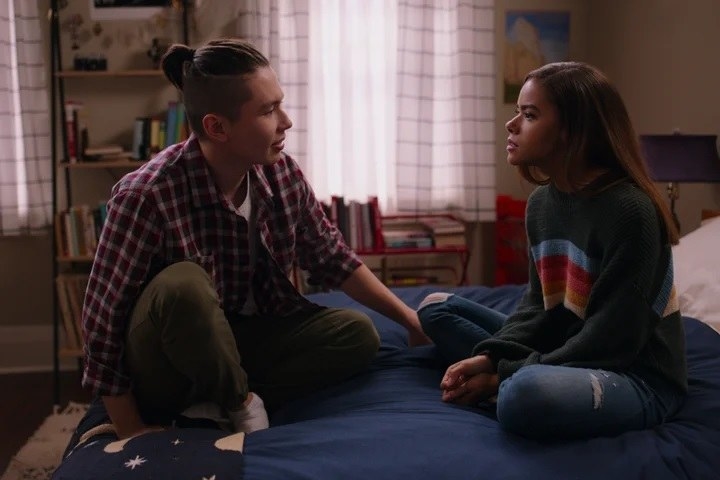
Getting your hair done with your non-Black friends presents a whole unique set of challenges.
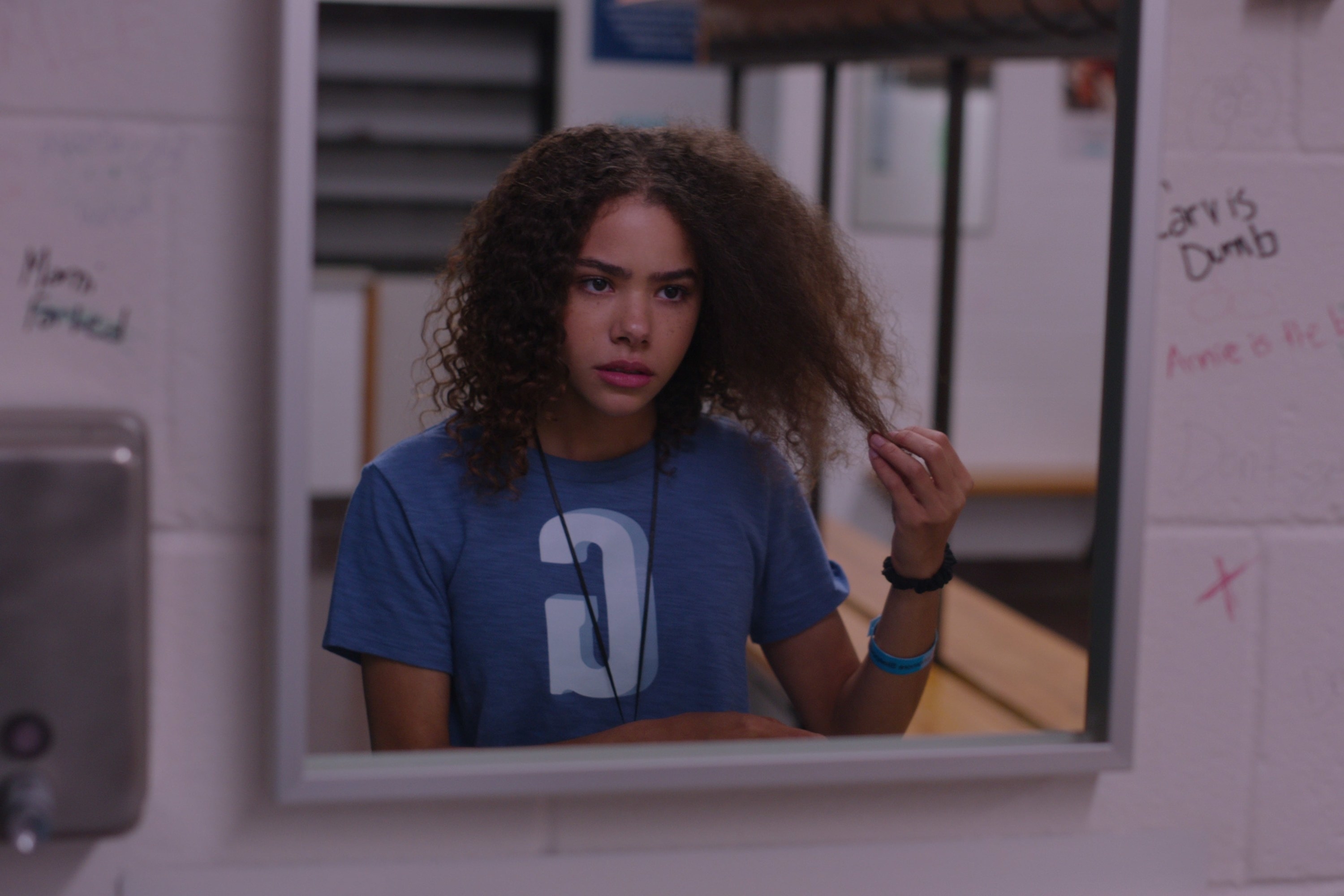
You’ll be tempted to modify your more "ethnic" features in order to fit in.
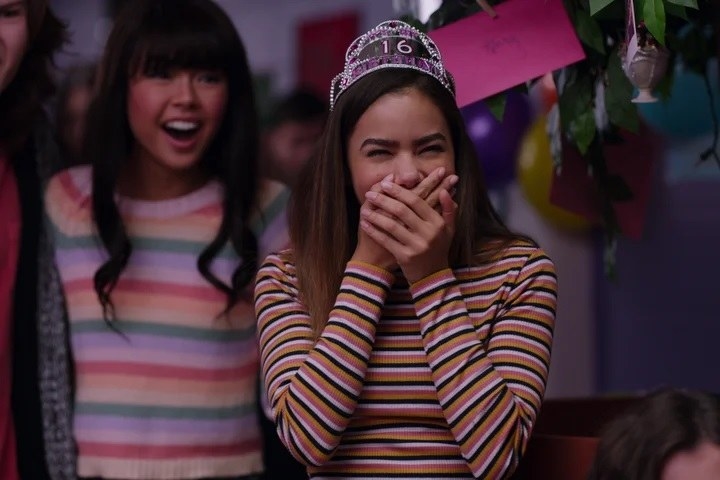
You’ll be expected to be an expert in “Black culture”...
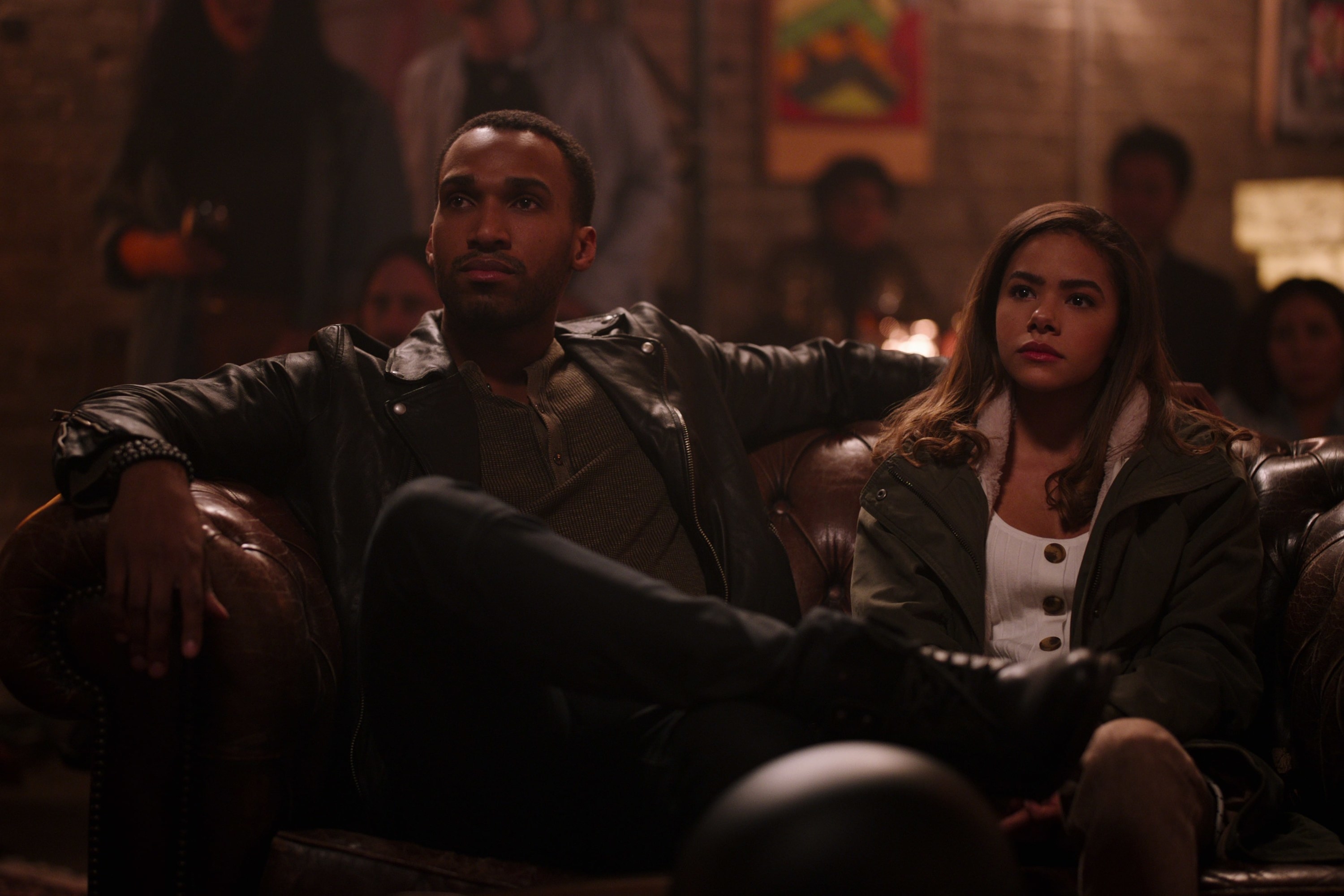
...while also being expected to seamlessly assimilate with your white friends.
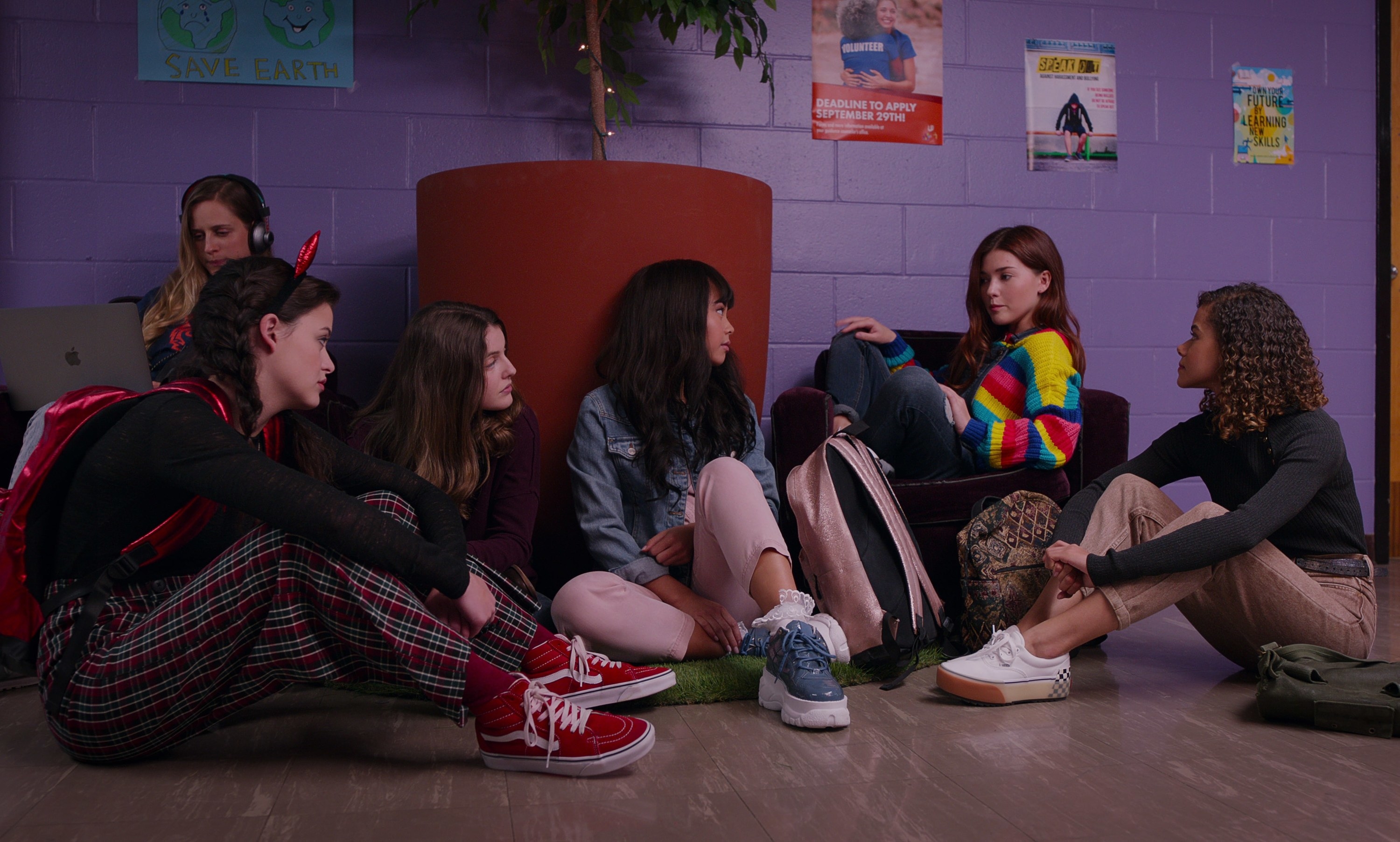
You’ll be accused of “acting white.”
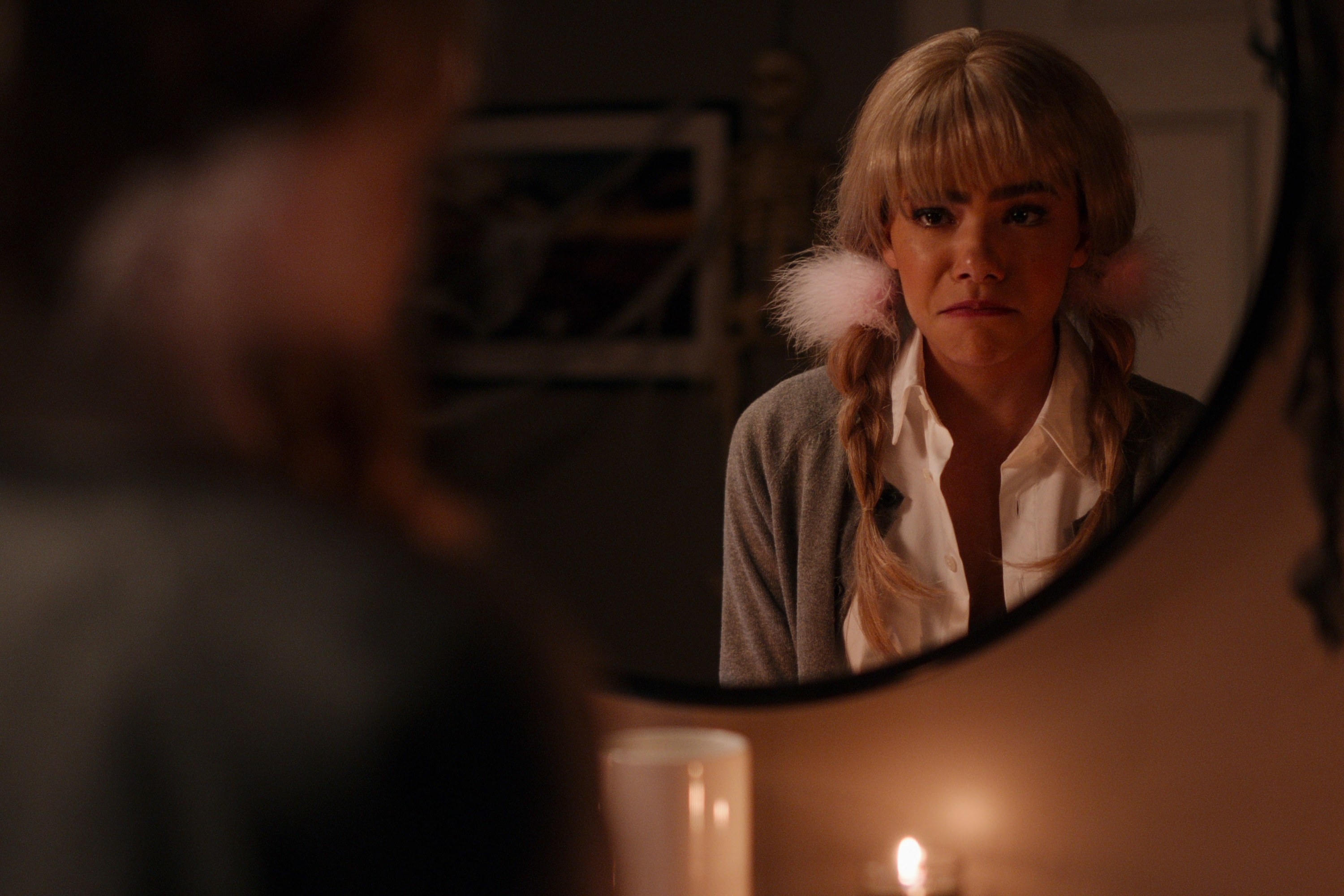
You’ll be drawn to hanging out with your Black classmates...
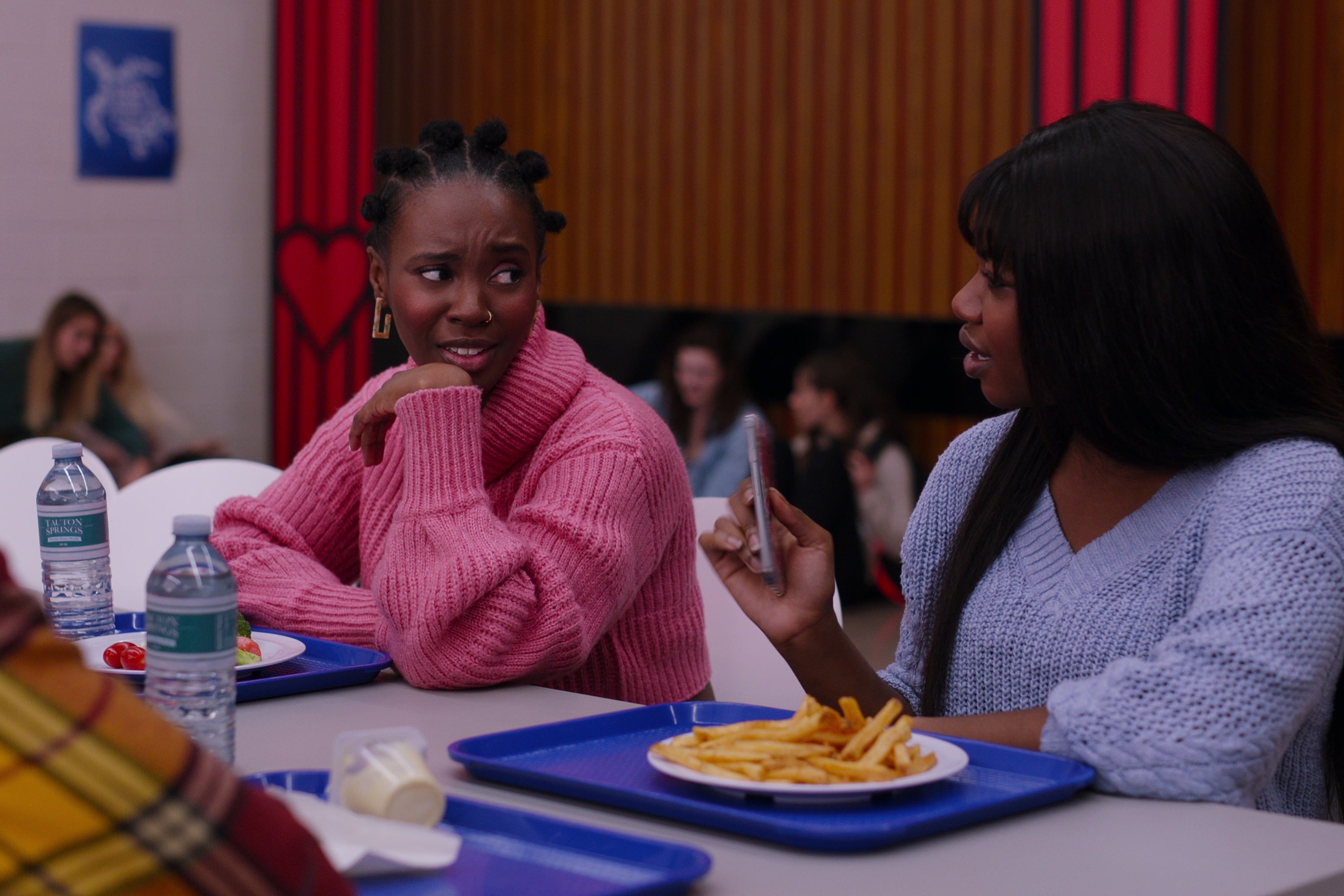
...but at the same time, you'll be afraid that they’ll reject you because of you're biracial.
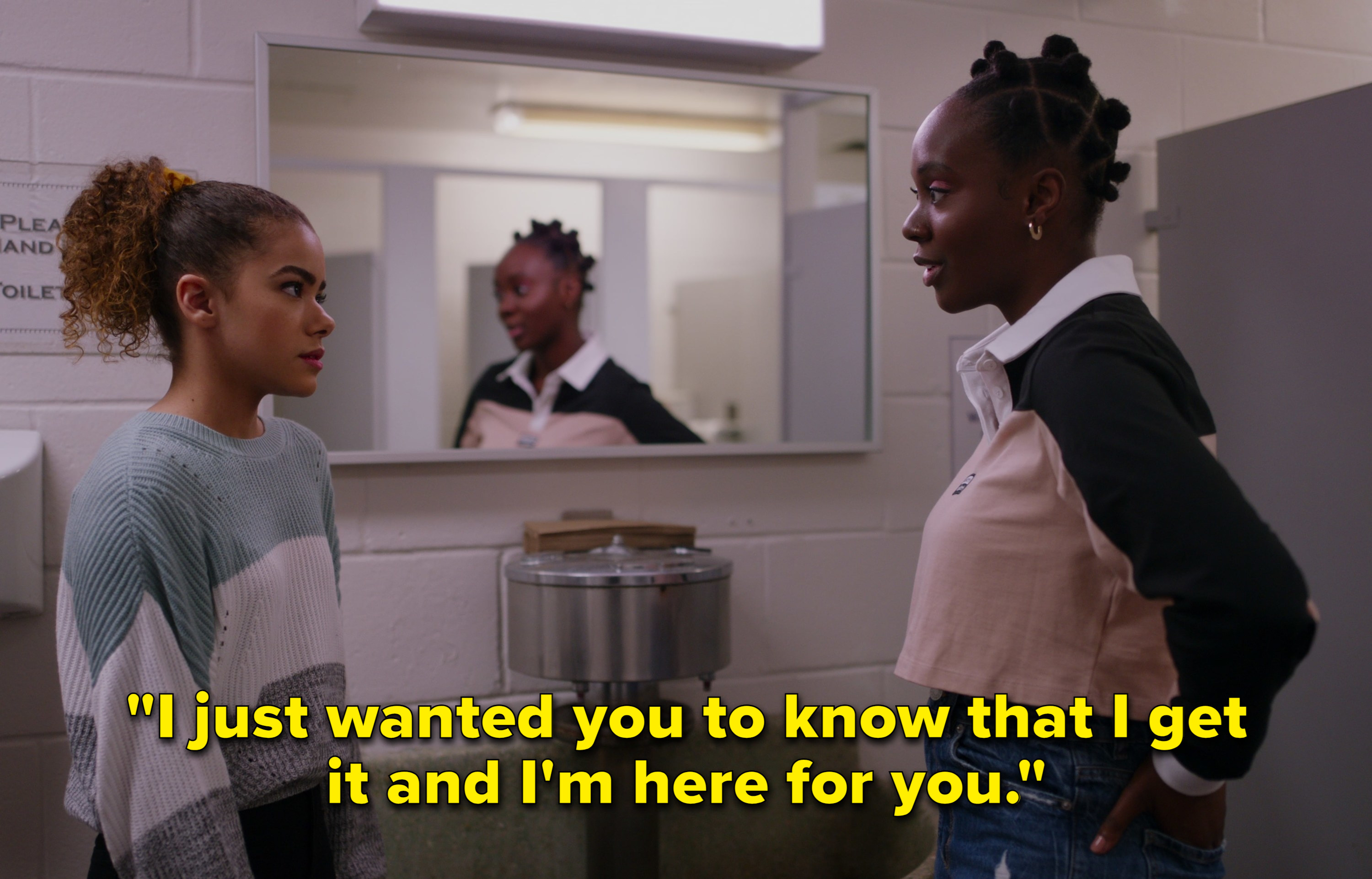
Your white friends won’t understand the problems you face.
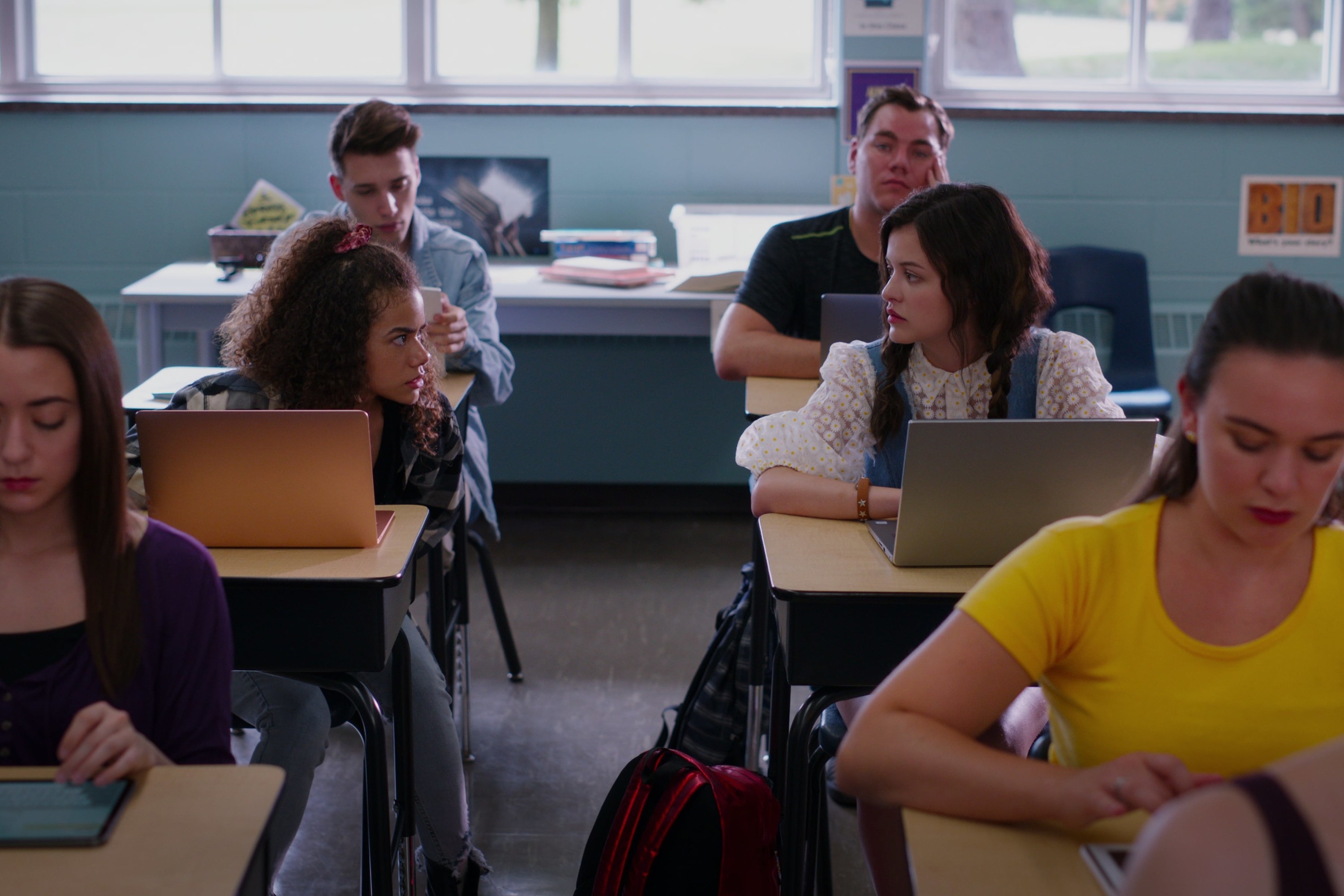
You might be tokenized as the “sassy Black best friend” by your classmates.
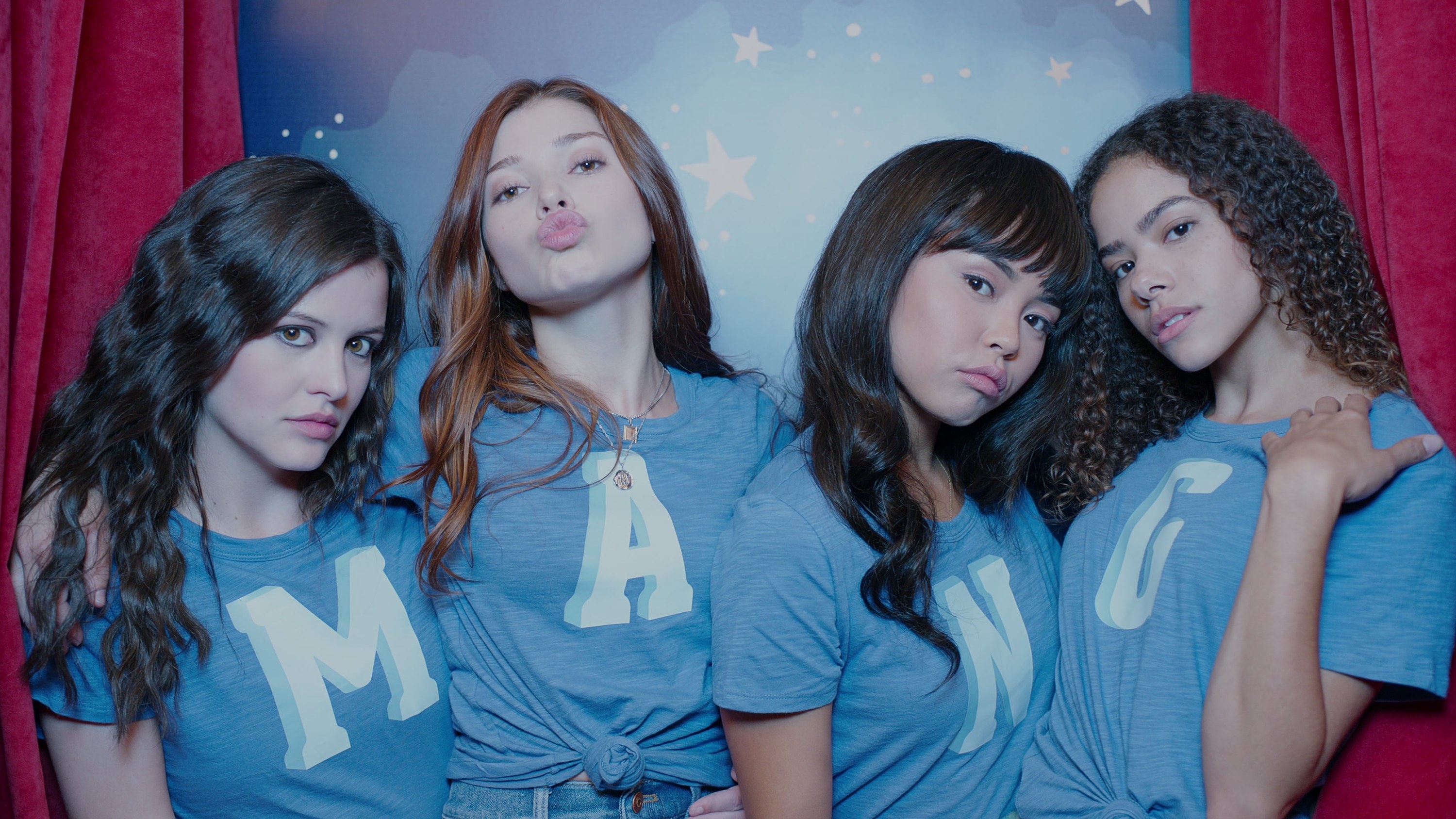
And finally, your parents can't relate to your identity issues.
